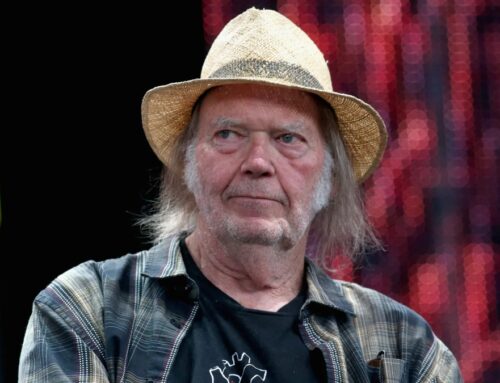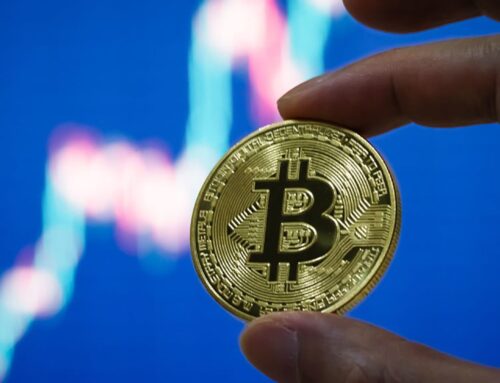European Law Panel Addresses The Role Of Legal Community In Environmental Issues
September 22, 2025
In September, the European Law Institute held its annual meeting in Vienna, Austria. The meeting brings together judges, attorneys, professors, and policy experts from throughout Europe to discuss issues facing the European Union. This year, the meetings focused heavily on climate change policy and its impact on the legal field. The opening forum at the Austrian Academy of Sciences addressed climate change policy and environmental law.
These issues were the subject of a panel at the European Law Institute’s annual meeting. ELI is an independent legal think tank funded, in part, by the European Union to draft model laws and provide guidance on emerging topics, focusing on European legal development in a global context. ELI was founded in 2011 and is based at the University of Vienna. ELI Fellows gather in the fall for annual meetings that alternate between Vienna and other host countries in the EU. The 2024 annual meeting was hosted in Dublin, Ireland.
The Forum on Conservation, Trade, and Industry for a Sustainable Future was moderated by Pascal Pichonnaz, President of ELI. Christiane Wedehorst, President of the Division of Humanities and Social Sciences at the Austrian Academy of Sciences, provided the welcome message. The panel consisted of Anna Veneziano, Deputy Secretary General of UNIDROIT; Adil Najam, President of the World Wide Fund for Nature (WWF); and Virpi Stucki, Chief of the Division for Fair Production, Sustainability Standards and Trade, United Nations Industrial Development Organization (UNIDO).
Najam started the forum by addressing what he thinks the legal community needs to hear from the conservation community. He called for leadership on this issue. Leadership from Europe with a focus on “globalness.”
Second, he said that the climate change crisis is too big and too important to only be owned by one group. While climate change activists are leading the charge, they need other areas of interest, including the legal community, to work together. Climate law, nature law, and environment law are too big to be only addressed by activists. Additionally, he believes that environmental law is too big to only be addressed in the legal field by environmental law attorneys. He called for attorneys in other areas, specifically business law attorneys, to get involved and consider it part of their practice.
This argument aligns with broader movements within the climate change movement to regulate the climate actions of businesses through sustainability reporting and the regulation of greenhouse gas emissions of busineses.
Third, he called for the implementation of obligations created by treaties. Specifically, he referenced the recent opinion from the International Court of Justice on the Obligations of States in Respect of Climate Change. He praised the opinion, but said it was disheartening that it took an opinion from the court to establish these obligations. He was not overly optimistic that the opinion alone would drive movement.
Veneziano followed Najam’s remarks by discussing the use of law to build global sustainable trade frameworks. UNDROIT, as an international institution focused on cooperative legal development, has developed multiple projects aimed at this topic. She highlighted a project relating to due diligence standards for companies to address actions along their supply chain.
This issue is currently being debated in the European Parliament as they look at reforming the Corporate Sustainability Due Diligence Directive. The CSDDD was originally adopted to force companies to address environmental and human rights actions of companies along the value chain. It required companies to review the actions of supplies and subsidiaries to ensure compliance with EU law.
However, the directive never went into effect. The new leadership of the EU Commission introduced an omnibus simplification package aimed at reducing the regulatory burden on businesses. This simplification included the CSDDD and a proposal to drastically reduce the number of impacted businesses and the level of due diligence required. UNIDROIT has a project addressing these regulations and recommending a standard.
Stucki built on Veneziano’s outline of legal proposals to discuss implementation of the standards and Europe’s role in driving development globally. She noted that companies made promises and produced reports, but did not take the stated action. She said the CSDDD and the European Union Deforestation Regulation create a framework for enforcement. Notably, the EUDR is facing significant international pushback, including from both former President Biden and President Trump.
She argued that time lost in this debate creates exponential damage. Deforestation and climate change continues to adversely and irreversibly. However, she believes that green transition must be done fairly and justly. Transition costs in developing countries are significantly higher than in Europe. The EU must work with those countries to share developments. They must also aim to finance the green transition, including working with international lending institutions to expand green finance.
She cautioned to consider unintended consequences of regulations. Citing that some South American farmers are no longer able to export to the EU under environmental regulations. To offset the loss, those farmers are engaging in illegal mining, causing significantly more harm to the environment.
The role of the legal field in environmental, climate change, and sustainability is significant.
Search
RECENT PRESS RELEASES
Related Post



